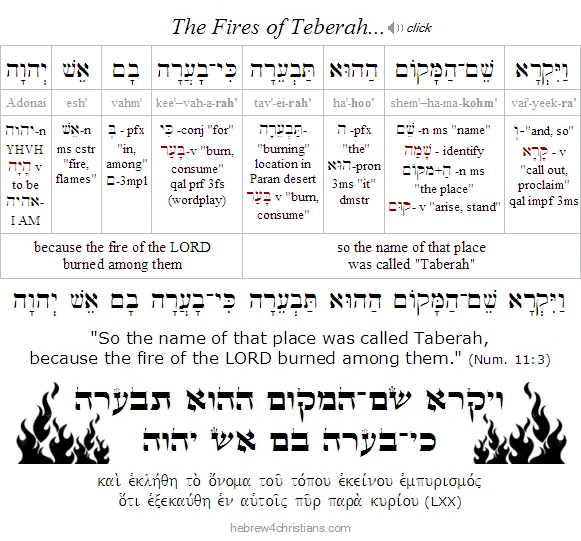|
Our Torah portion this week (i.e., Beha'alotekha) recounts the rebellion of the people during the desert sojourn... Instead of joyfully anticipating the promise of their inheritance, the people grew dissatisfied and bored. The Sefat Emet noted that just after we read how the people complained bitterly to the LORD, they had a "strong craving" (הִתְאַוּוּ תַּאֲוָה), which in Hebrew literally means they "craved a craving."
Moses could tolerate the people's desire for food and water, but when they began to actively cultivate their cravings, lusting after the imaginary "free fish" they enjoyed in Egypt, he began to realize that the problem was deeper, a matter of the heart... Moses understood that what the people really wanted was impossible, since it involved denying who they were as God's redeemed people.
The issue was not about wanting to eat "meat," after all, but rather hungering after the forbidden, desiring to desire, etc. Creating desires, fomenting a sense of deprivation, and choosing to see yourself as a victim, is a lethal sickness of spirit, a disease of the soul. It is a "burning" (i.e., taberah: תַּבְעֵרָה) that destroys inner peace. May God help us understand and seek what truly matters; may he deliver us from self-destruction; and may he help us to be satisfied with the manna he provides! Amen.
Hebrew Lesson
Numbers Hebrew 11:3 reading:
|



